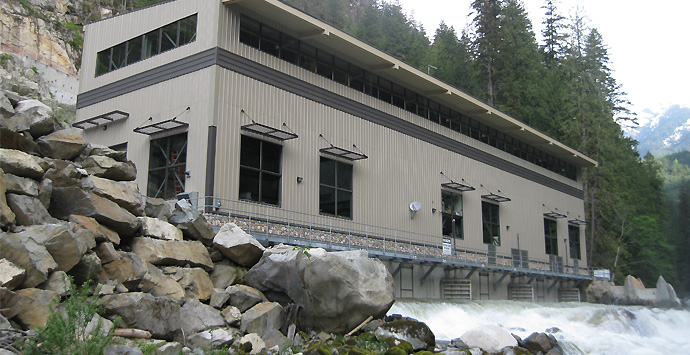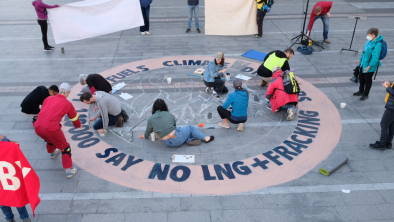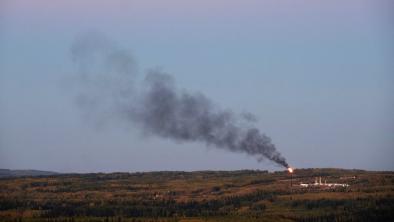700 instances of non-compliance recorded at 16 river diversion IPPs

Media Release - January 23, 2013
FOI reveals massive non-compliance by independent power projects operating in the South Coast region in 2010
VANCOUVER – A Freedom of Information request filed by the Wilderness Committee has revealed significant non-compliance at 16 independent power projects (IPPs) operating in the South Coast region of British Columbia in 2010.
An internal report compiled by the BC Ministry of Forests, Lands and Natural Resource Operations (FLNR) revealed*:
- 300+ instances of ramping non-compliance (Ramping refers to water levels being increased and decreased at an operating IPP. Ramping too quickly can strand and kill fish.)
- 290 cases involving failure to report non-compliance incidents
- 100 cases related to inadequate mitigation (e.g. rescuing fish after ramping events)
- 46 cases of non-compliance relating to inadequate instream flow requirements (IFR)
The frank 2012 report highlights the “limited ability” of government officials to respond to non-compliance incidents at river diversion projects, and flags concerns with the variety of different IPP monitoring and reporting requirements. The stated purpose of the report was to “document the scope and causes of non-compliance at these facilities...and to develop recommendations for addressing the issue.”
While the report looks at 16 different IPPs in the region, the majority of non-compliance incidents occurred at five facilities.
“This report shows that the IPP industry is poorly regulated and is not in compliance with the regulations that do exist,” said Gwen Barlee, Policy Director for the Wilderness Committee. “This considerable degree of non-compliance requires immediate action and enforcement. It’s simply not acceptable to let this industry run itself – the impact to our rivers and fish is too great.”
The report also draws attention to the impact of IPP non-compliance on fish. Due to poor industry monitoring, reporting and mitigation on incidents that impact fish, only 94 individual fish deaths were reported. In reality, the number of fish mortalities is likely much higher. The report emphasizes that the low number of mortalities reported should be considered “the minimum”.
Additionally, in regards to an instream flow non-compliance issue at the Furry Creek IPP, the report noted that the “non-compliance events were ongoing for nearly two and a half months.” However, the series of incidents were technically reported as one IFR incident, demonstrating further inconsistencies in monitoring and reporting procedures.
The report, entitled “Operational Non-Compliance of Clean Energy Hydro-power Facilities in the South Coast Region,” also makes a series of recommendations to improve non-compliance rates.
“This is what happens when you don’t have proper oversight, regulation and enforcement of an industry,” said Barlee. “This is the BC government’s own report. Given what they have revealed about IPP non-compliance, when are they going to take action?”
—30—
For more information, please contact:
Gwen Barlee, Policy Director: 604-202-0322 (c) or 604-683-8220 (w)
*Statistics are based on graphs included in internal BC government documents
Documents (click to download):


